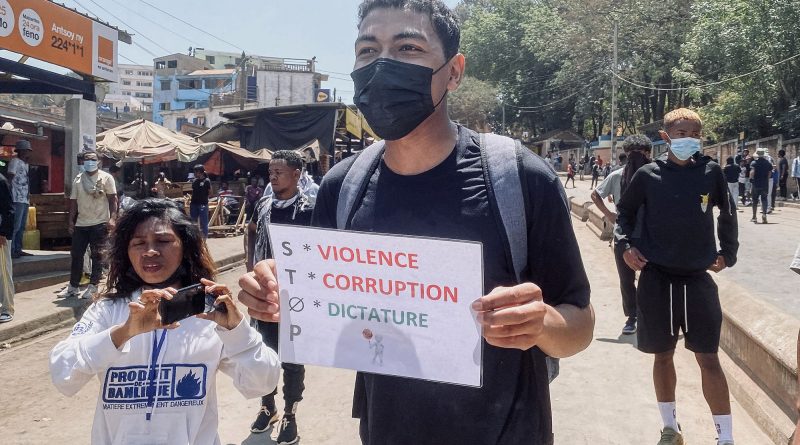Youth-led protests shake Madagascar as president vows dialogue but refuses to resign
Andry Rajoelina, Madagascar’s president has promised to “listen and find solutions” to the mounting problems facing the island nation, but stopped short of bowing to protesters’ demands that he step down.
For nearly two weeks, the country has been gripped by youth-led demonstrations — the biggest wave of unrest in years — drawing inspiration from “Gen Z” protest movements in Kenya and Nepal. What began as anger over worsening water shortages and crippling power cuts in the capital has spread into broader calls for accountability in a country long dogged by poverty and corruption.
Read also:Three killed as protests erupt in Morocco over stadium funding, poor services
The United Nations estimates that at least 22 people were killed and more than 100 injured in the early days of the protests, though the government disputes those figures. Security forces have repeatedly fired tear gas to disperse crowds, as fresh demonstrations resumed in Antananarivo on Friday following a one-day pause.
Rajoelina, speaking in a nationally broadcast address on Facebook, urged restraint.
“No one benefits from the destruction of the nation. I am here, I stand here ready to listen, ready to extend a helping hand, and above all, ready to bring solutions to Madagascar,” he said.
The president also suggested, without offering evidence, that some politicians were attempting to exploit the unrest and had even considered a coup while he was in New York last week for the UN General Assembly.
Read also: Nepal social media ban protest turns violent, at least 14 killed
Earlier this week, Rajoelina dismissed his government in a bid to ease tensions. The move has done little to calm anger among protesters who say decades of poor governance have left one of the world’s most resource-rich countries mired in deep poverty.
Despite vast reserves of minerals, fertile farmland and extraordinary biodiversity, Madagascar remains one of the poorest nations globally. The World Bank says per capita income has fallen by 45 percent in real terms since independence in 1960, blaming the decline on entrenched elites who control the economy, a lack of competition and widespread corruption.
Read also: Nepal reels from deadly protests as army takes control of the streets
Rajoelina himself is no stranger to political upheaval. He first came to power in 2009 after leading mass protests that toppled his predecessor, before winning elections years later. Now, he faces a generation of young people deploying the same tactic against him.
“Criticism of existing problems does not necessarily have to be expressed in the streets; it should be done through dialogue,” the president argued.
But with protesters demanding nothing short of his resignation, and with frustration over decades of decline running deep, Madagascar’s path out of the current crisis remains uncertain.

